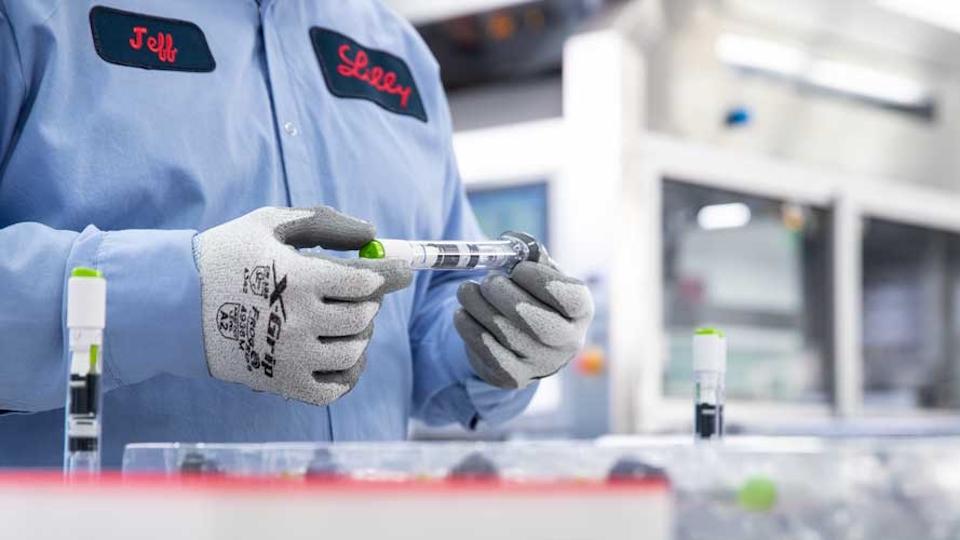Pfizer/Lilly non-opioid pain drug hits mark in phase 3 trial

After years of delays Pfizer and Eli Lilly’s tanezumab non-opioid pain drug is edging closer to approval, after it met targets in an osteoarthritis trial.
Tanezumab is a nerve growth factor (NGF) inhibitor, a class of drug that has been dogged by problems during development.
The FDA put a hold on clinical trials between 2012 and 2015 because of safety concerns that they accelerated joint destruction.
So the announcement last week that the 16-week phase 3 study in osteoarthritis pain met all three of its main goals is significant at a time when the US is looking for alternatives to the opioid painkillers that are blamed for huge problems with addiction in certain states.
Preliminary safety data showed that tanezumab was generally well tolerated, with approximately 1% of patients discontinuing treatment due to adverse events.
Rapidly progressive osteoarthritis was observed in tanezumab-treated patients at a frequency of less than 1.5%, and was not observed in the placebo arm.
There were no events of osteonecrosis observed in the trial. No new safety signals were identified.
The trial enrolled 698 patients randomly selected to join three treatment groups – one group received two doses of placebo, the second received two doses of tanezumab 2.5mg, and the third group received a dose of tanezumab 2.5mg followed by a dose of tanezumab 5mg eight weeks later.
Efficacy was measured using a standard assessment of knee arthritis pain and physical function, and the patient’s global assessment of osteoarthritis. Both treatment arms met all three of these goals.
The FDA has fast-tracked tanezumab, lining it up for a faster review once the companies are satisfied with the data gathered from the six-study clinical development programme.
A filing is due next year, and at the moment Lilly and Pfizer look in a strong position in the race to get anti-NGF painkillers to market.
Regeneron is developing its rival anti-NGF antibody fasinumab but earlier this year halted higher dose arms of its phase 3 trials on the recommendation of an independent monitoring committee, which was concerned about the risk-benefit profile at this dose level.
Developmnent of Amgen’s NGF drug fulranumab has hit the buffers after former partners Johnson & Johnson and Takeda handed back rights in 2016.












